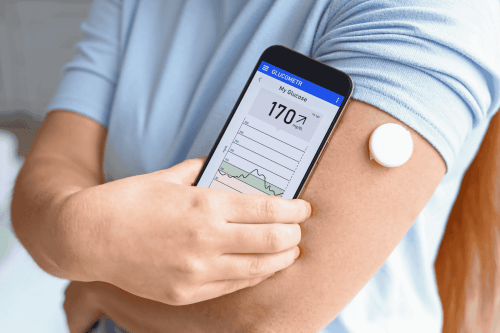HIPAA: The Privacy Rule, Scandals, and Fast Facts
By: Alyssa Rankin
Privacy! Everyone loves their privacy but not when it reveals that plastic surgery they swore the tabloids were wrong about. Take me back to 2003! Remember tracksuits, trucker hats, and hoop earrings? No, thanks. Celebrities like Leonardo DiCaprio, Tom Hanks, and Drew Barrymore had healthcare information violated by an ex-employee of UCLA medical center. This employee reportedly logged into UCLA’s system and spent time obtaining all the high-profile celebrity healthcare information he could. Well, he committed a federal crime and did the time. He spent 4 months in prison and paid $2,500 in fines.
Although HIPAA laws may not seem like a big deal, leaking medical information is never a victimless crime.
The patient and the healthcare providers suffer consequences when health information is exploited. The unauthorized taking of medical records can ruin reputations, careers and devastate families throughout the process. HIPAA violations can cripple healthcare providers and force them to close their doors affecting us all. At American Medical Compliance our goal is to keep you completely HIPAA educated and compliant.
Let’s take a peek at a few fast facts of The HIPAA Privacy Rule. The Rule establishes national standards to protect individuals’ medical records and other personal health information. It applies to health care providers that specifically conduct health care transactions electronically. Included also are the appropriate provisions to protect the privacy of personal health information, and sets standards on the use and disclosures of such information without patient authorization. The Rule also gives patients right over their health information, rights to their health records, and rights to correct any mistakes in their medical records.
So, what exactly does “The Rule” protect? Well, there is a balance between complete privacy and the disclosure of personal health information needed for proper patient care and other important purposes.
-
The Privacy Rule does not require you to obtain a signed consent form before sharing information for treatment purposes
-
The Privacy Rule does not cut off all communications between you and the families and friends of patients. This permits the sharing of needed information for treatment and care with with family, friends, or other healthcare professionals .
-
The Privacy Rule is not anti-electronic and allows you to communicate with patients and providers by e-mail, telephone, or even text message
-
The Privacy Rule does not stop calls or visits to hospitals by family, friends, clergy, or anyone else. Basic information can be listed in the hospital directory, including phone number, room number, and general condition; unless, the patient objects.
Understanding and complying with HIPAA laws and conditions can be an overwhelming task but with American Medical Compliance our mission is to help you understand these policies. We are 100% confident that your business will be extremely satisfied with our tools to guide you through this daunting venture that is HIPAA.
Sources



